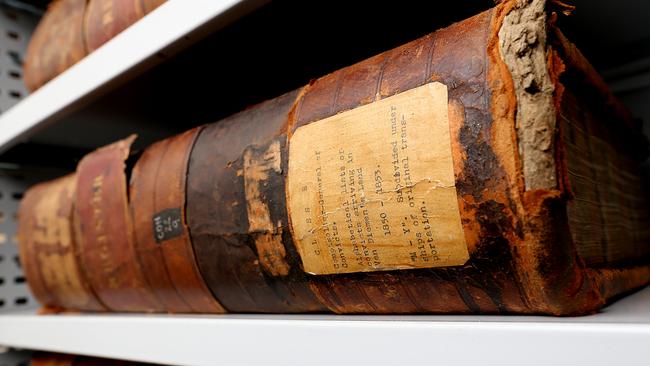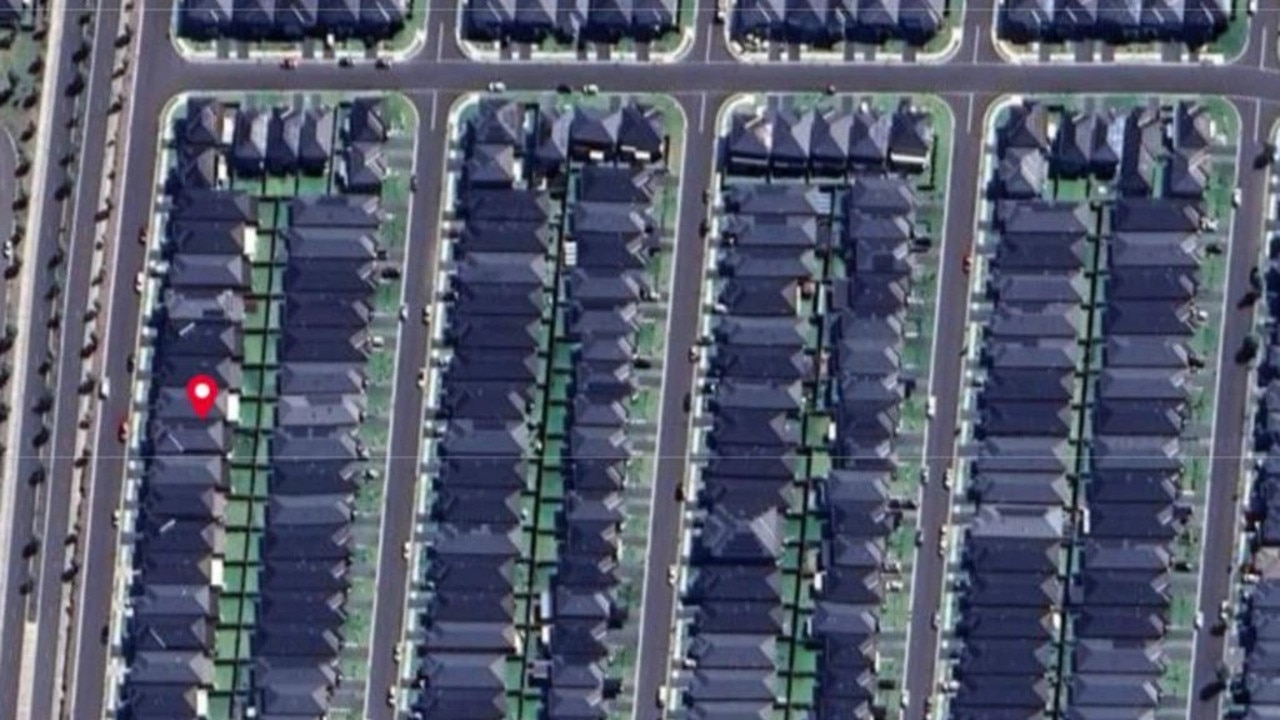More Australians turn to home DNA kits to trace their family histories
KNOW where you come from? More Australians are spitting in a tube to find out, with home DNA kits on the rise.

Technology
Don't miss out on the headlines from Technology. Followed categories will be added to My News.
SOMETIMES science involves Petri dishes and Bunsen burners.
Other times, it involves spitting into a tube until you’ve grossed out your colleagues.
To find out where they come from, Australians are increasingly opting for the latter approach. It’s part of a movement to use DNA to identify your ethnicity and even find forgotten family members.
DIFFERENT NATION: Senator Pauline Hanson discovers Middle Eastern heritage
LOVE SCIENCE: DNA tests used to determine true love
The DNA tests are relatively inexpensive, easy to access, and potentially fascinating, though they no longer deliver medical information as part of their packages.
Despite the advanced science involved, Australians can order DNA tests online from a wide variety of sources, including National Geographic, Ancestry.com, Family Tree DNA, and 23andMe.

Ancestry.com spokesman Brad Argent said the genealogy company started offering DNA tests back in 2008, but launched its current product in Australia 18 months ago.
Australians, he says, are particularly keen on the product.
“It has a particular appeal in countries built on immigration, like Australia, New Zealand, and Canada,” he says.
“Most of us know, deep down, we come from somewhere else and that idea of finding out what makes us unique as individuals and our family history is fascinating.”
The $149, spit-testing package doesn’t just cover a person’s ethnicity, however, but can also identify other family members.
Using the DNA kit involves filling a test tube with saliva, combining it with a solution, and sending it away for analysis. The process takes up to eight weeks, and delivers a report identifying up to 26 ethnic origins.
Your origins are shown on a map, with an “ethnicity estimate” listed as a percentage by each country.

Argent, an Australian, says his report ended his assumptions about a largely British ethnicity, and disproved one long-held family rumour.
“I had this family myth that there was Jewish in our history, so I tested my Mum and my Uncle and I found nothing in there. As I’m stepping back in time, I’m finding more Greek and Italian history, and it looks like the story has been confused somewhere,” he says.
The DNA tests can also be used to find distant relatives.
Ancestry.com has tested the DNA of more than two million users so far, allowing the company to match users and identify cousins. The matches show up in the DNA report, listed by second, third and fourth cousin categories, and users can decide whether to contact their potential family members.
“We’ve probably all got a lot more family out there than we know,” Argent says. “I’ve found cousins in England and cousins in America.
“There are no email addresses exchanged, and you have to opt-in to connect with someone.”
Family history DNA tests can deliver different results, however. National Geographic’s Geno 2.0 kit looks further into your history to identify migratory paths taken by your ancestors. 23andMe looks back 500 years and identifies 31 ethnic groups.
Argent says he’s seen family history DNA tests change people’s lives, and “break down brick walls” for those putting together family trees.
He has an unexpected tip for serious family historians, though: don’t test yourself first.
“Test the oldest person you can get access to,” he says. “When they go, they take their unique DNA with them. If you get that, you’ll always have that history.”
Originally published as More Australians turn to home DNA kits to trace their family histories







